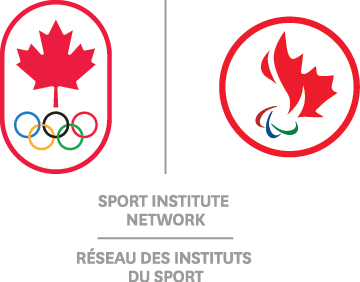Psychology Month 2024: Week Five
Welcome to week five and the final post in CSCM’s Psychology Month 2024 blog series with Kevin Kristjanson.
Psychology in Sport
Psychologists work in lots of different settings, like hospitals, schools, clinics, sports, and many more. While the fundamental job of supporting mental health is the same across all these settings, each presents its own unique characteristics as well. In sports, challenges related to anxiety, burnout, disappointment after underwhelming performance, injuries, body image, and relationships with coaches and teammates are among the most common. Many athletes also struggle with transitions in their career such as when they retire.
In recent years, more people have come to understand and appreciate the mental health challenges that athletes face and the impacts this can have on their well-being and performance.
Mental Health and Performance
Some people believe that athletes need “tough love” to excel, and to some degree they are right. High performance sport is an environment that demands people challenge themselves to achieve impossible goals and then asks them to pick themselves up and try again when they fail. If we are going to ask athletes to push themselves beyond the limits of what any human being has previously achieved (that’s what a world record performance is, after all), however, we must also accept that many athletes will come through that process having experienced significant psychological hardship. The sport system has an ethical responsibility to support athletes as they heal from these experiences.
New research continues to show that mental health and performance are not mutually exclusive – athletes who are mentally well tend to perform better than those who are struggling. Mental health challenges often impact psychological functions like memory, attention, emotion regulation, energy and arousal, mental flexibility and creativity, and motivation. These functions affect learning and skill acquisition, decision-making, information processing, and converting intention into action, all of which directly influence on-field success.
Mental Skills Training in Sport
Sport psychology is not only focused on helping athletes heal, but also helping them reach new levels of performance by developing mental skills that are not specific to their sport. Skills like goal setting, visualization, relaxation, interpersonal communication, building resilience, and directing attention are all ways in which athletes can enhance their performance that have nothing to do with building muscle or getting better at sport-specific skills. Psychologists use their clinical skills to help athletes develop in these areas through practice, experimentation, and reflection.
Thank you for following along as we continue to celebrate the contributions of psychologists across the country!
If you missed previous weeks, you can find them at Week One (Psychology FAQ), Week Two (Understanding Your Mental Health), Week Three (Finding a Psychologist That’s Right for You), and Week Four (Supporting the People Around You).


